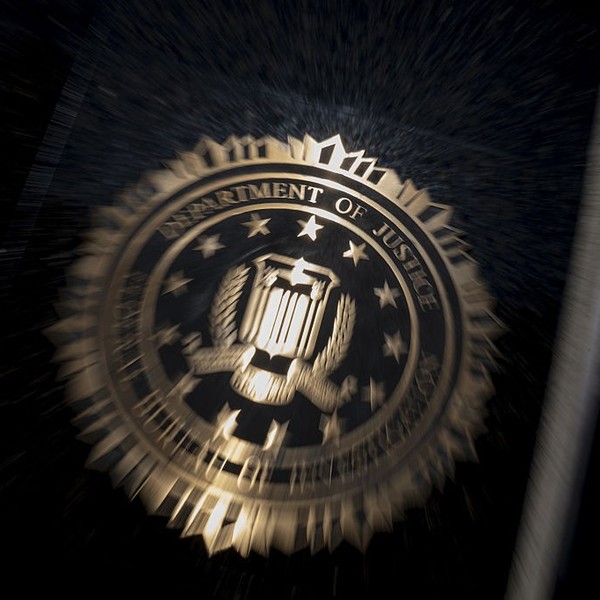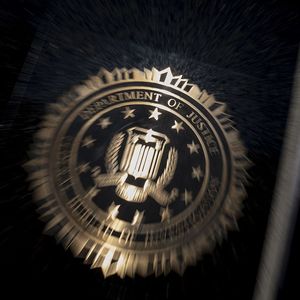Dr. Kenneth Dekleva served as a Regional Medical Officer/Psychiatrist (including 5 years at the U.S. Embassy Moscow, Russian Federation) with the U.S. Dept. of State during 2002-2016, and is currently Associate Professor of Psychiatry and Director, Psychiatry-Medicine Integration, UT Southwestern Medical Center, Dallas, TX.
OPINION — In Russia, bad things often happen in the summer, especially in August. The June 22, 1941 invasion of the USSR by Nazi Germany, heralding the cruel start to the Great Patriotic War, which left 20+ million Soviet citizens dead, and many more injured, including both of Putin’s parents; the August 1991 failed coup attempt against Gorbachev, which led to the collapse of the Soviet Union in December 1991; the 2000 Kursk tragedy; the 2008 Russia-Georgia war. And now, even among those observers who thought that they understood Russia’s President Vladimir Putin, this summer’s events – the protests in Khabarovsk, Russia’s struggle with COVID, its weakened economy, Putin’s falling popularity, and the attempted murder (using Novichok, a chemical weapon and nerve agent) of opposition leader Alexei Navalny – can easily leave one with a sense of despair, and of both Putin’s and Russia’s tragic lost potential, and wondering what might have been.
By now, most are familiar with Putin’s history, and his hard-scrabble upbringing in the ruins of Leningrad (now St. Petersburg), his rise to power as a KGB officer, bureaucrat, and politician. His skills as an intelligence officer (“I am an expert in human relations”), martial artist, politician, linguist, and diplomat shaped both his rise to power, and his successful maintenance of it. During the 2000s, Putin brilliantly restored Russia to its position of greatness, following its decline in the 90s, and his social contract with the Russian people functioned optimally, with approval ratings in the mid/high-80s. To see Putin [then] as a mere thug conveniently ignores the fact that three successive US Presidents (as well as other western leaders) valiantly attempted to establish closer relations with Russia, and more critically, with Putin, seeing this as of strategic benefit to the US. It is hard to imagine that any of those Presidents – Bush, Obama, or Trump – could successfully make a case for doing so now, given Putin’s regressive policies today, and his ruthless, cruel assassination attempt on his leading critic, Alexei Navalny.
Following the 2018 assassination attempt (in the UK, using the nerve agent Novichok) against former GRU officer Sergei Skripal, Putin weathered further sanctions and ‘diplomatic’ expulsions (e.g. of SVR intelligence officers) in Europe and America by mounting a diplomatic charm offensive throughout Europe, implying that he remained somebody – to borrow the late Prime Minister Margaret Thatcher’s famous phrase about Gorbachev in 1984 – with whom “we could do business together,” even after Putin’s assassination of former FSB officer Alexander Litvinenko (in London), using Polonium. But this summer’s events suggest a tipping point, where among western leaders, this is no longer the case. There exists no political capital today allowing for diplomacy with Putin.
Putin’s recent actions, regressive as they are, beg the question of what might truly be going on in Putin’s psyche. The confident, swaggering Putin of old would likely not have ordered (or condoned) the murders of opposition leaders such as Boris Nemtsov or Alexei Navalny. That Putin would have utilized his KGB-trained skills to recruit or co-opt them, or if that failed, send them into exile, as he did with Mikhail Khodorkovsky. But that Putin is no more. It’s tempting to presume that we’re now seeing the ‘real’ Putin, and observers have missed Putin for who he truly is. But one wonders, are Putin’s recent actions – the murder of Navalny and the support of Belarus’ dictatorial ruler Alexander Lukashenko – merely ideological or reactionary? The logic here would follow that Putin’s actions serve the interests of the state, as much as an act of self-preservation, akin to China’s Deng Xiaoping’s fateful, tragic decision in Tiananmen Square in June 1989 to crush the protests.
But there are other possibilities, other factors. The first is generational. Putin, as a true product of the Soviet Union, has likely lost touch with a new generation of Russian citizens, who have grown up with plenty and with freedoms unknown in Soviet times. Even more so than in 2011 (during the large protests in Moscow), Putin is likely to see today’s protests in Khabarovsk (or even in Minsk) as directed by foreign ‘active measures.’ The second is cognitive. Putin, while quite healthy for his age, is 67. While highly-intelligent and perceptive, Putin appears to lack the cognitive flexibility and integrative complexity of his earlier years. This implies an increased rigidity in decision-making and strategy, and a tendency to rely upon more reactive approaches to dealing with conflict and political decision-making. The Putin of 2020 is not the Putin of 2002 or 2009, or even of the 2014 Winter Olympics. The IOC – which Putin exquisitely lobbied – would never grant the Olympics to today’s Russia, because Putin lacks the capacity and finesse to make such a case successfully. The third factor is isolation. In 2012, the German journalist Hubert Seipel had unprecedented access to Putin, and created a remarkable, intimate documentary entitled “Ich, Putin.” In this documentary, Seipel saw Putin as a talented, but increasingly isolated leader. While such thinking exists in Russian history and culture (as well as in Shakespeare) – “the Tsar’s crown is heavy” – Putin’s isolation has grown with the passage of time, and his inner circle has further narrowed.
It has now become rather difficult to imagine history being kind to Putin. Had Putin retired in 2012 (following his 2nd term as President and a term as Prime Minister), appropriate accolades as one of Russia’s greatest leaders – in spite of his many political, social, and economic failures – might have been well-deserved. But the tragedy of Putin goes beyond ideology and revanchism. It echoes the late Prime Minister Viktor Chernomyrdin’s famous quip – “we wanted the best, but it turned out like always” – but now also suggests lost potential and a pariah status. Putin’s actions represent the last act of not a Russian, but a Shakespearean tragedy. Now both Russia and the West are left with the denouement, and the sad tale of Vladimir Putin, whom one might have earlier seen as Russia’s De Gaulle (whom Putin admired greatly), rather than now, as Russia’s Mugabe. It may be fitting to say that Putin’s legacy has now evolved from ‘first person’ (the title of his 2000 autobiography) to pariah.
Read more expert-driven national security insight, perspective and analysis in The Cipher Brief















